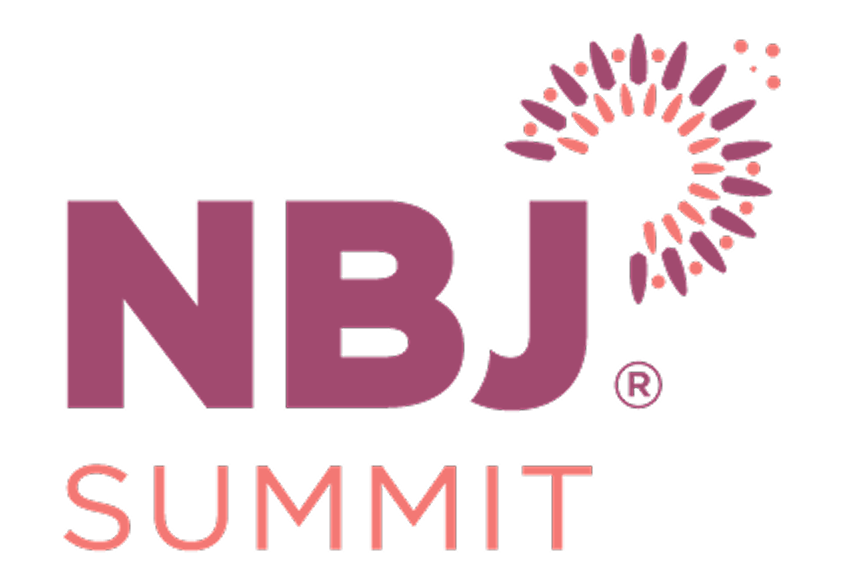We are delighted to introduce our trailblazer of the month – Lori Bestervelt, an Entrepreneurial Executive with a distinguished career in the dietary supplement industry. Lori has served as the Executive Vice President & Chief Science Officer at NSF International, where she developed and implemented growth strategies, led research and development, and launched the Certified for Sport program. With a background in Pathology & Experimental Toxicology and Biochemistry, Lori has also managed global business units and increased laboratory efficiency by 30%. An experienced board member, she contributes her expertise to the American Botanical Council and has served on the board of the Women’s Center of Southeastern Michigan. Lori’s commitment to science-backed innovation and sustainability continues to shape the industry.
What Makes Our Industry Exciting and Why?
Having worked in the dietary supplement industry for over 20 years, I’ve witnessed an ongoing evolution characterized by new trends and innovations. This blend of excitement and challenges is driven by several key factors:
- The Rise of Personalized Nutrition: Advances in genetic testing and gut microbiome analysis are replacing one-size-fits-all dietary approaches. Personalized nutrition plans tailored to individual needs empower consumers seeking targeted health solutions.
- Technology Integration: Technology plays a crucial role in modern diets. Smart kitchen appliances suggest recipes based on dietary needs and available ingredients, while bio-trackers monitor nutrient intake and activity levels in real-time, fostering a dynamic approach to wellness.
- Global Fusion of Dietary Trends: Dietary trends are no longer confined to borders. Cultural influences merge, introducing novel superfoods and expanding our understanding of global dietary practices, creating a more exciting and diverse industry.
- Holistic Wellness Approach: The industry is embracing a more holistic view of health. There’s growing interest in gut health, immunity, the connection between food and mental well-being, and the environmental impact of diet, making the industry feel more comprehensive and meaningful.
However, the excitement is tempered by several significant challenges:
- Misinformation Overload: The abundance of conflicting information online about diet, nutrition, and supplements can confuse and potentially endanger consumers, making it difficult to discern fact from fiction.
- Regulation and Transparency Issues: Lax regulatory frameworks and lack of transparency in supply chains have made the industry vulnerable to misleading claims and harmful ingredients, compromising consumer trust.
- Sustainability Concerns: The production of certain dietary ingredients can negatively impact the environment. Consumers increasingly demand sustainable practices, emphasizing the need for ethical sourcing and environmental responsibility.
Despite these challenges, the industry’s potential for positive change is undeniable. To navigate these challenges and solidify its exciting potential, the industry should focus on:
- Prioritizing Evidence-Based Practices: Promoting evidence-based practices through partnerships with credible institutions and robust scientific research combats misinformation and ensures consumer safety.
- Embracing Transparency: Increased transparency and traceability throughout the supply chain enhance safety, sustainability, and ingredient quality. Digital product passports could play a significant role in this process.
- Promoting Sustainability: Embracing sustainable business practices, such as responsibly sourced ingredients and addressing environmental and social concerns, is crucial for the industry’s future.
Advancements in personalized medicine, technology, and holistic wellness offer unique opportunities, but challenges like misinformation and lack of transparency require ongoing attention. By prioritizing evidence-based practices, fostering transparency, and embracing sustainability, the industry can create a future that promotes long-term health and a thriving planet.
An Initiative I’m Passionate About
I’ve dedicated my career to helping companies produce safer and more sustainable products through creating NSF/ANSI standards and supply chain traceability tools. Currently, I’m particularly passionate about digital product passports (DPPs), a tool we’ve been developing at 3E.
DPPs collect and share product data throughout a product’s lifecycle, including sustainability, environmental, and recyclability attributes. They capture and record data across the supply chain, from raw material sourcing and ingredient composition to environmental impact and manufacturing processes. This information is then shared among stakeholders, enhancing transparency and traceability.
In the dietary supplement industry, DPPs address significant challenges related to supply chain transparency. Consumers often lack confidence in the ingredients, origin, and safety of these products. DPPs offer a potential solution by providing:
- Source of Raw Materials: Recording supplier information and chain of custody documentation ensures the integrity of ingredients.
- Responsible Sourcing Data: Information on labor practices, land use, and biodiversity considerations supports ethical sourcing.
- Manufacturing Processes: Transparency in processing steps helps consumers understand potential contamination risks and adherence to regulatory requirements.
- Third-Party Certifications: Linking relevant certifications provides independent verification of claims like organic or non-GMO.
DPPs offer benefits such as enhanced consumer confidence, improved regulatory compliance, streamlined supplier collection, and better supply chain management. Their implementation requires collaboration among industry stakeholders, technology providers, and regulatory bodies, along with standardized data formats and cost-effective solutions.
Key to Building Authentic Customer Engagement and Long-Term Trust
Building authentic customer engagement and long-term trust in the dietary supplement industry requires a strategic approach beyond flashy marketing and unsubstantiated claims. Key elements include:
- Transparency: Complete transparency in the supply chain, including ingredient origin, manufacturing processes, and potential side effects, is crucial. Digital product passports or blockchain can aid in achieving this.
- Science-Backed Communication: Marketing claims should be grounded in rigorous scientific evidence, partnering with credible institutions and researchers to build trust.
- Education Over Hype: Empower customers through educational resources like blog posts and webinars with qualified experts.
- Community Building: Create a sense of belonging through online forums, social media groups, or ambassador programs.
- Prioritizing Customer Service: Responsive and knowledgeable customer service demonstrates a commitment to customer satisfaction.
For long-term success, brands should focus on promoting sustainable health habits, investing in quality ingredients and testing, embracing ethical sourcing practices, and building genuine relationships. This approach fosters trust and positions brands for sustainable success in a competitive market.


